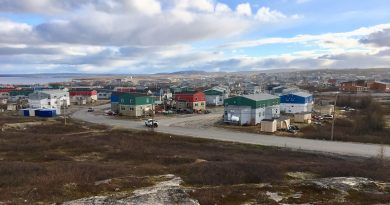Ice-Blog: Anthropocene -No ice age – more blizzards?
 If you are sitting somewhere on the East Coast of the USA, struggling to cope with 30 inches of snow, you might be forgiven for reacting with relief to a report released by the Potsdam Institute for Climate Impact Research (PIK) indicating human-made climate change is suppressing the next ice age.
If you are sitting somewhere on the East Coast of the USA, struggling to cope with 30 inches of snow, you might be forgiven for reacting with relief to a report released by the Potsdam Institute for Climate Impact Research (PIK) indicating human-made climate change is suppressing the next ice age.
With a wink in your eye, you might be very grateful that these extreme conditions are only going to last for a few days and not become the everyday normality of a new ice age.
There are those (but increasingly few of them) who might even thank the fossil fuels industries for averting a scenario like “The Day after Tomorrow” and ensuring that the relatively comfortable interglacial in which we live is likely to continue for the next 100,000 years. That is the conclusion of the study published in the scientific journal Nature.
The problem is that postponing an ice-age illustrates that human interference with natural climate cycles over a relatively short time has the potential to change the world for a hundred thousand years to come, with all the problems that come with it. And given that the increase in extreme weather events like the US snowstorm is highly probably related to anthropogenic climate change, perhaps an ice age in 50,000 years would be the lesser evil.
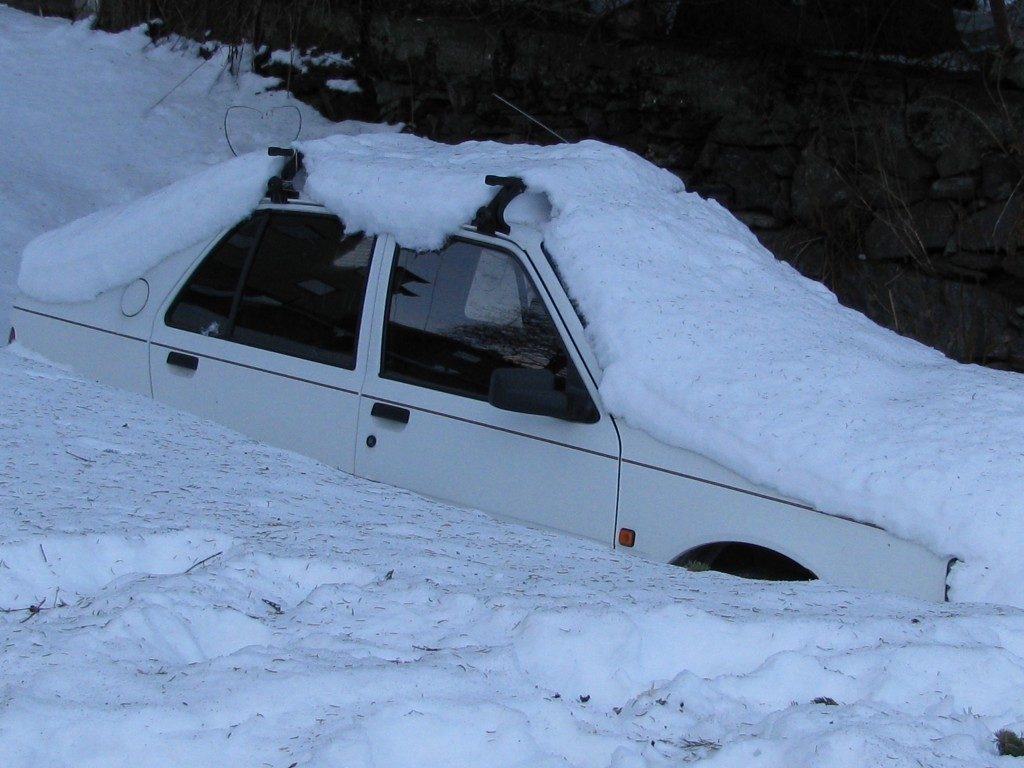
Burn fossil fuels, suppress the ice age
Using complex models to try to find out which factors influenced the last eight glacial cycles in earth history and what is likely to lie ahead of us, the scientists found that as well as astronomical factors like the earth’s position in relation to the sun in different stages of its orbit, the CO2 concentration in the atmosphere is a key factor.
I talked to physicist and earth systems modeler Andrey Ganopolski, lead author of the study to find out more about the research and the background.
According to Milankovich’s theory, a new ice age should occur when the earth is far away from the sun and summer is colder than usual in the northern hemisphere, at high latitudes in Canada and northern Europe. These are the areas where big ice sheets can grow. At the moment, Ganopolski explained, we have a situation where our summer occurs when the earth is far from the sun. So in principle, we have the conditions when a new ice age can potentially start. He and his colleagues wanted to understand why we are not living in an ice age when astronomically, the conditions are just right to move towards a new ice age.
Meddling with the planet
They come to the conclusion that naturally, without any anthropogenic influence, we would expect the new ice age to start around 50,000 years from now. That would mean that this interglacial, the Holocene, in which we live now, would already be unusually long. In the past, an interglacial lasted only 10 or 20,000 years, but this one is expected to last for 60,000 years.
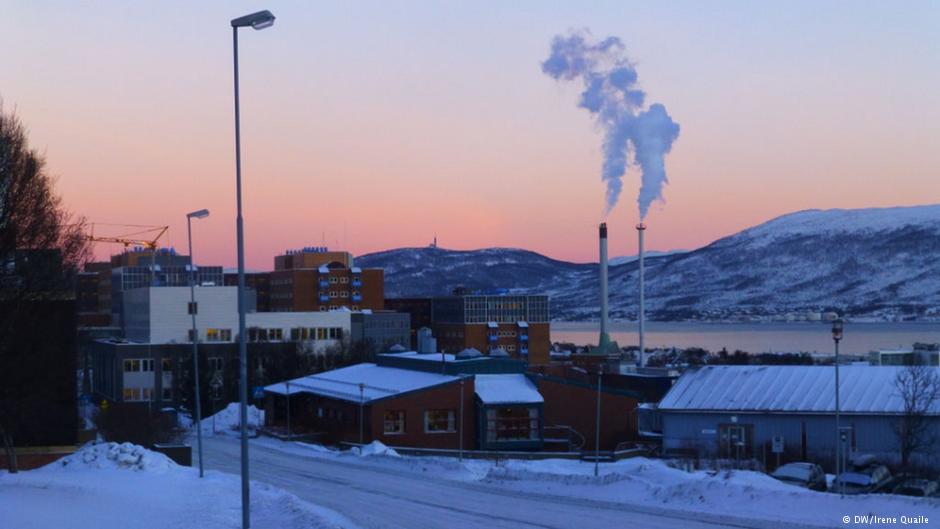
But our emissions of greenhouse gases are postponing this even further. Relatively large anthropogenic greenhouse gas emissions – say two to three times what we already emitted – would, according to the scientists’ model, additionally postpone the next ice age, so that it would only start 100, 000 years from now, so we would completely skip one glacial cycle, which never happened in the last three million years.
Humankind as a geological force
Now regardless of whether you are a fan of ice and snow or one of those who say they can happily live without any more ice ages, the study’s findings illustrate just how long anthropogenic influence on climate will continue. Humanity, it seems, has become a geological force that is able to suppress the beginning of the next ice age, according to the PIK experts. Human behavior is changing the natural cycles that have shaped the global environment and human evolution.
Over the last 3 million years, glacial cycles were more or less regular. Most of the evolution of humans occurred during those last three million years. Ganopolski says humans can be seen as a kind of product of glacial cycles, because the conditions were probably right to increase the size of our brain, because we had to be clever to survive in such a variable climate.
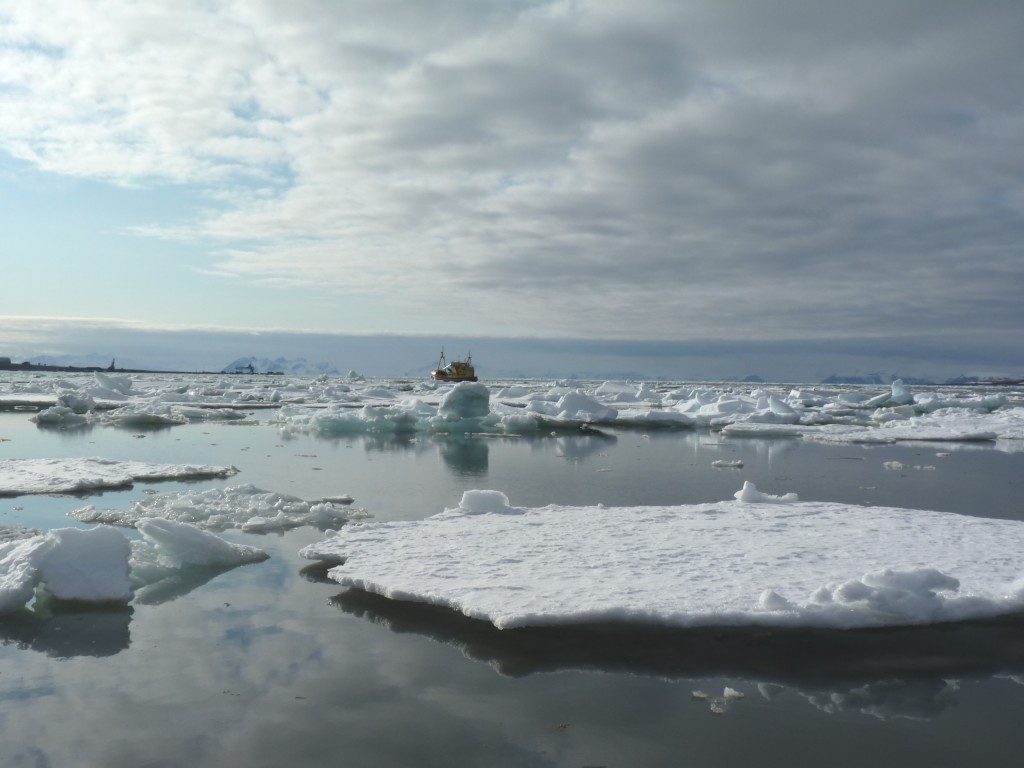
Who cares?
But given that it is easier and pleasanter to live in non ice-age conditions, there is still an understandable tendency to respond to the ice-age-postponement announcement with: “so what?”
Ganopolski argues one reason the study is significant is that it does away with the arguments of some climate skeptics who have argued that warming the atmosphere by burning fossil fuels is not a bad thing, because it could avert an “imminent” ice age (a theory first made popular around thirty years ago, he says). Since the research indicates there is none on the horizon for more than 50,000 years anyway, this is nonsense, says Ganopolski.
But the main reason the research findings deserve attention, he says, is that they show we can affect the climate for up to a hundred thousand years. He believes a lot of people think if we stop using fossil fuels tomorrow or the day after, everything will be fine. In fact, anthropogenic carbon dioxide will stay in the atmosphere for an extremely long time. “That means we are affecting earth’s future on a geological time scale”, he says.
Whether the next ice age comes in 50,000 or 100,000 years may seem irrelevant to a lot of people, faced with the concerns of life today. But the effects of our warming the globe are already being felt and will have considerable implications well before that, Ganopolski reminds us. He says the new study just shows how massive our interference with the earth’s systems is, and backs up the need to take action now to cut greenhouse gas emissions.
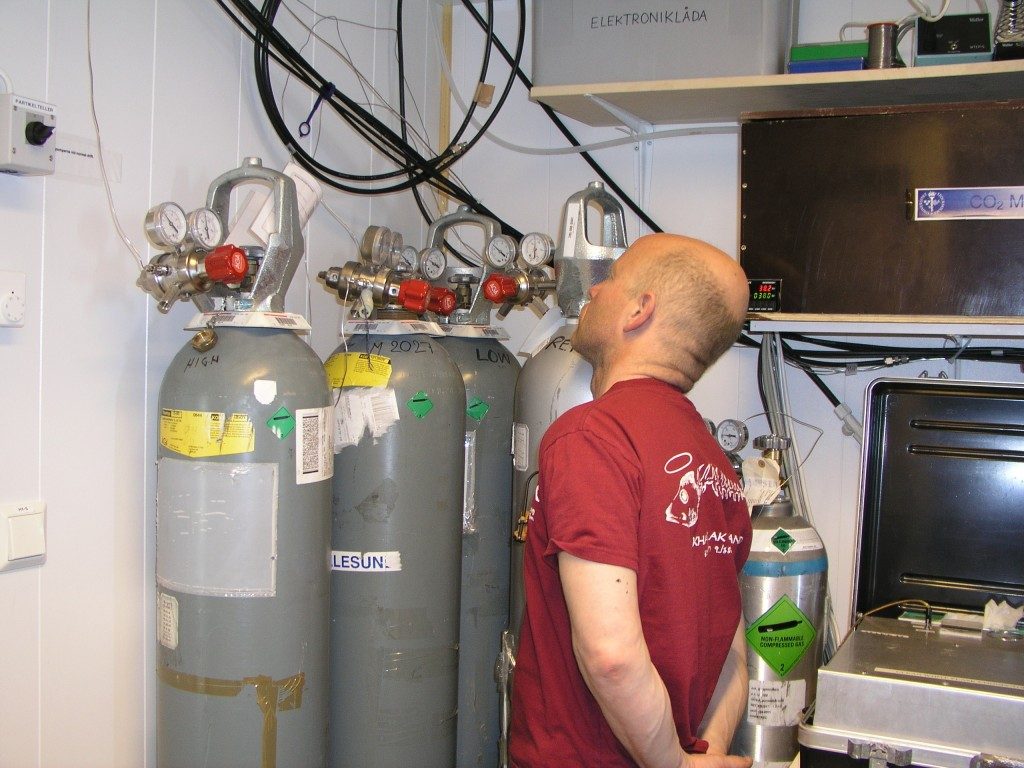
Greenland and Antarctic in the Anthropocene
He mentions the research also deals with Greenland and Antarctica:
“What we show is that even with the CO2 concentration we have already, we can expect that a substantial fraction of these ice sheets will melt. So obviously, in this respect, any further increase of CO2 will have even more negative effects”.
Sea level rise, ocean acidification, changing food supplies, floods, droughts…and, yes, even more of those extreme blizzards, fuelled, paradoxically, by warming seas…maybe there is more to this delaying the ice age business than first seemed.
So are we living in the “Anthropocene”, i.e. an era in which not nature but humankind is determining the shape of the world we live in now and for centuries to come? Ganopolski and his colleagues say yes. He stresses what we are doing to the climate and the speed at which it is happening represent unprecedented, substantial deviation from the natural course of things.
“So if you continue to emit a substantial amount of carbon dioxide, the Anthropocene will last for hundreds of thousands of years, before systems return to anything like “normal” conditions”, he says.
Another study published in Nature today provides further evidence that human intervention is responsible for the annual heat records that have been in the news so often recently they run the risk of losing their news value. Ganopolski’s PIK colleague Stefan Rahmstorf, one of the authors, says the heat records, with 13 of the last 15 years the warmest since records began, can no longer be explained by natural climate variation. But they can be explained by human-induced climate change.
But is there any point in making potentially uncomfortable changes to the way we live today if we have already changed the atmosphere so massively, for such a long time to come? Ganopolski stresses the extent and speed of the changes and impacts are no grounds for resignation:
“There is no justification for making the climate even warmer than it is. It is a matter of how much CO2 we will emit into the atmosphere. Basically, it will affect all generations, and if we care about them, we should stop using fossil fuel as soon as possible.”
Sounds sensible to me.
Related stories from around the North:
Canada: COP21: View from Yukon, Canada, Eye on the Arctic
Finland: Helsinki City Council to close coal plant, Yle News
Greenland: Study looks at climate, Greenland ice sheet, Radio Canada International
Norway: Stop romanticizing Arctic development say indigenous leaders, Eye on the Arctic
Sweden: Will Sweden be able to produce enough energy in the future?, Radio Sweden
United States: Cleaner atmosphere means more Arctic ice melt: study, Alaska Dispatch News



